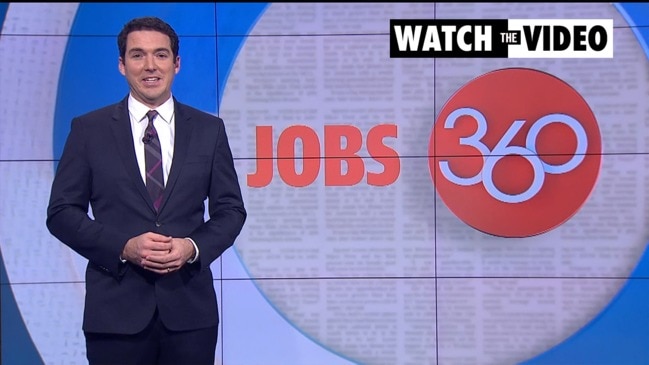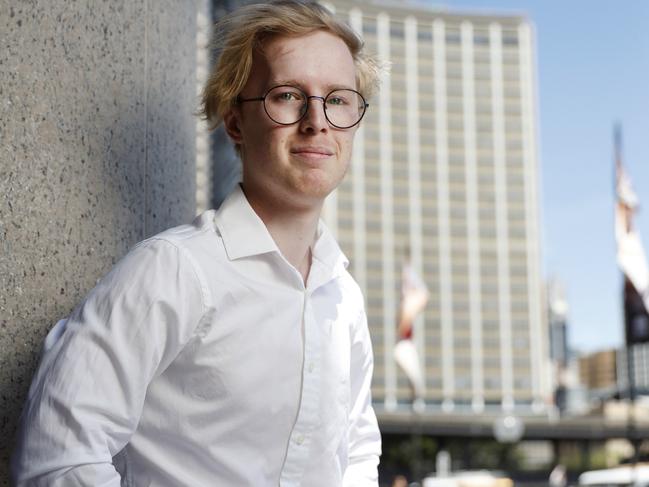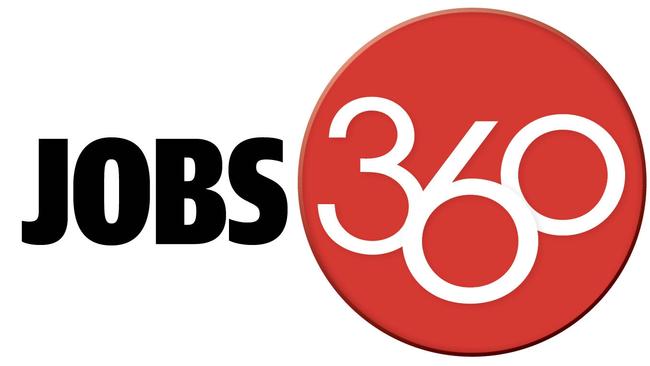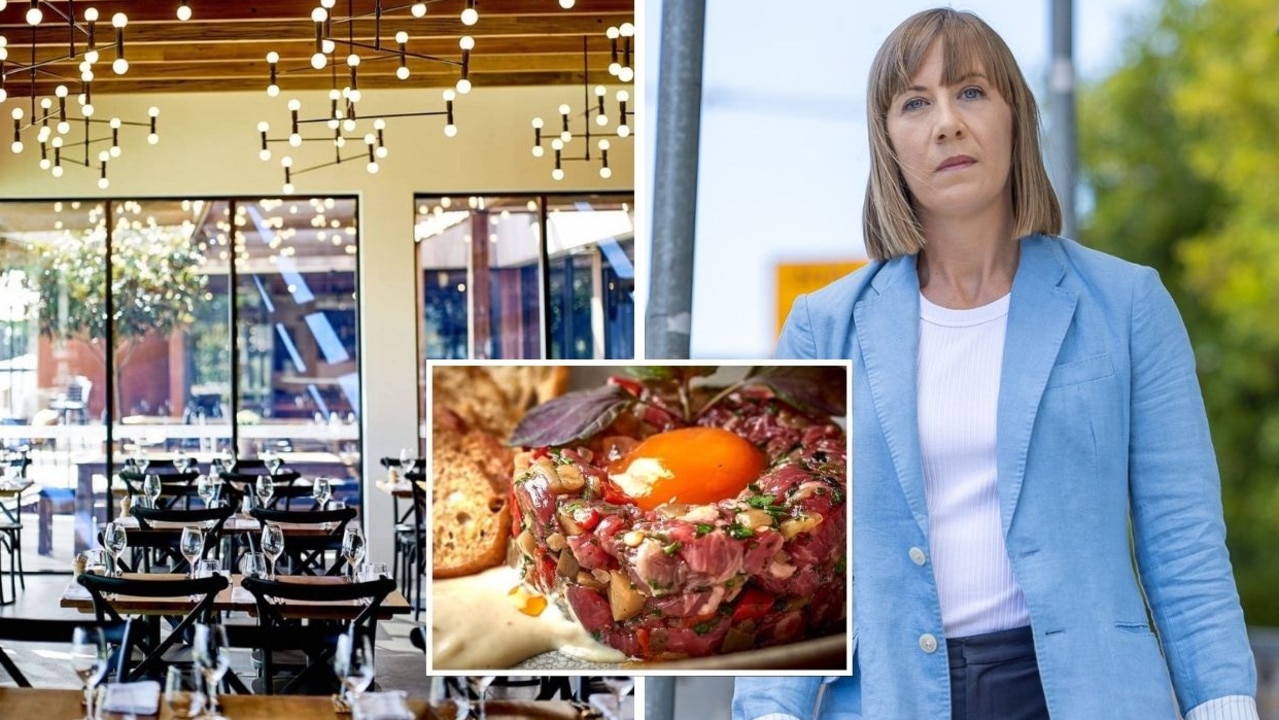Where NSW workers have lost their jobs
Young Sydney workers are losing jobs twice as fast as middle-aged employees, fuelling fears they may never afford a home or have kids. They are also facing more competition. SEE THE LIST

NSW
Don't miss out on the headlines from NSW. Followed categories will be added to My News.
- Jobs 360 explained: Exposing Australia’s work crisis
- Hire and fire: Aussie workers losing 3500 jobs a day
Young Australians are getting sacked twice as fast as middle-aged workers, with the COVID-19 pandemic wiping out hundreds of thousands jobs in the past six months.
One in every 16 jobs held by workers in their 20s has vanished since March, as lockdowns and border closures smash the tourism, hospitality and retail sectors.
One in 40 middle-aged workers in their 40s and 50s has been sacked during the pandemic.
Baby Boomers have been harder-hit, with one in nine workers in their 70s and one in 16 workers in their 60s made redundant.
Centre for Future Work senior economist Alison Pennington yesterday warned a generation of young Australians could miss out on stable jobs, home ownership and having children.
“Full-time jobs are being replaced by smaller part-time jobs that are more likely to be insecure and casual,’’ she said.
“We will have a generation of Australians locked out of decent work, owning a home, making a family and building a sense of belonging in Australia.’’
The federal government is trying to cushion job losses for Millennials by spending $4 billion in a new JobMaker plan, to pay employers up to $200 a week to hire jobless people aged 16 to 35.
The government will also pay half the wages of 100,000 new apprentices and trainees.
Ms Pennington said older workers who lose full-time work now risk being unemployed for the rest of their lives.
“We’re looking at hundreds of thousands of older workers who’ll be piecing together an income through low-skilled part-time jobs, biding their time before they can get the pension at 66,’’ she said.
Across NSW, one in every 30 payroll jobs has been wiped out during the pandemic.
One in 11 jobs vanished in Sydney’s inner-city, with one in 12 jobs disappearing in the eastern suburbs and one in 13 workers laid off in Botany, Kogarah-Rockdale, Auburn and Canterbury.
More than a quarter of workers on Lord Howe Island lost work, along with one in 10 workers in the Lower Murray region and one in 14 workers in the Richmond Valley and Hurstville.
University of Sydney graduate Tom Derrick has entered the world of work at a less than ideal time — but he won’t let it get him down.
Despite applying for as many 50 jobs since finishing his Bachelor of Science majoring in computer science and statistics mid year, he is still hopeful a role will come up.
“I am mainly looking for jobs in data science or software engineering and it’s been long, pretty tough and not fruitful as yet,” the Menai resident said. “Earlier in the year, I was getting reply emails saying ‘sorry we are no longer looking for this position because of COVID and the economy at the moment’.
“More recently, (companies have) noted that the intake is going to be much less than previous (years), purely because they can’t afford the extra costs of bringing in more graduates. I’m still hopeful — it’s just not going to be as easy as I thought.”

Mr Derrick, 21, said the intense competition for the jobs that remained meant he was now up against candidates with postgraduate qualifications.
To increase his chances of success, he enrolled in a Master of Data Science and signed up to a career development program through career coaching company TwoPointZero.
“Obviously you learn the academics (at university) but you never really learn how to approach the job search, and that’s why it has been helpful.
“When hopefully this economy does recover, I will be more qualified and more ready to take on a job.”
Although Mr Derrick was not working, he did not qualify for Jobseeker payments as he was younger than the minimum age of 22.
The worst-hit industry is aviation, with 41 per cent of jobs wiped out during the pandemic.
One in five jobs was lost in the tourism, film, creative and performing arts industries, and 17 per cent of workers were sacked from the hospitality and restaurant sector.
But jobs rose 12 per cent in the gas supply sector, 5 per cent in electricity supply, and 8 per cent in the household services such as cleaning.
Soaring demand for cleaning products and hand sanitiser boosted jobs by 7 per cent in the chemical product manufacturing sector.
Hospital employment rose 3 per cent, and public service jobs rose 4 per cent.
The tax data, published by the Australian Bureau of Statistics, is based on employers with a Single Touch real-time payroll system.

Originally published as Where NSW workers have lost their jobs


